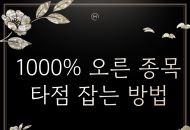Retail and food companies in Korea are increasingly putting millennial and Gen Z employees — those born between 1981 and 2010 and sometimes referred to as “MZ” — at the forefront of their online and offline marketing campaigns.
These staff members are stepping beyond their official duties to take on roles as YouTubers, models and even performers to promote products and services.
“Let me tell you something today,” a man in a green apron says, mimicking the tone of a news anchor in a YouTube video.
The man, who then begins unboxing newly released merchandise, is Jeon Hyun-woo, a 34-year-old employee at Starbucks Korea. Alongside his colleague Kim Joon-hyung, Jeon has been running the company’s official YouTube channel, “727 Studio,” since the start of the year. The two handle everything from planning and filming to editing.
The strategy is seen as a win-win-win: It grabs the attention of MZ generation consumers — known for valuing experience and emotional connection in their purchases — while improving the company’s image and also reducing marketing costs.
“Stories and recommendations from relatable employees are more effective at generating empathy than celebrity endorsements,” said Choi Chul, professor of consumer economics at Sookmyung Women’s University. “It helps brands build trust without having to pay high appearance fees.”
It also provides a platform for MZ employees to express themselves and pursue their passions.
“We mostly shoot with smartphones,” said Kim. “We want the videos to feel like something you'd see on a friend’s social media.”
In just nine months, the channel has surpassed 64,000 subscribers.
“I get to promote my company while doing something I love, which is filming — it’s the perfect job for me,” Jeon said. “I want to surpass 100,000 subscribers this year and eventually become the next ‘Chungju Man’ or ‘Starbucks Man,’” he added, referencing a popular civil servant YouTuber.
In the convenience store sector, marketing photos for new products often feature MZ staff from merchandising departments.
“At first, we used staff instead of professional models to give the photos a more realistic, customer-like feel,” said a representative from BGF Retail, which operates CU convenience stores. “Now, more young employees are eager to participate, even considering it part of their personal portfolios.”
“At GS, MZ staff even coordinate outfits and concepts to match the products they’re promoting,” said a company spokesperson.
Companies across the retail and food industries are expanding how they involve MZ employees. Dongwon Group, for example, features its younger staff as talk show hosts in videos discussing performance and workplace issues, uploaded to its official YouTube channel, DongwonTV.
Shinsegae Department Store recently shared videos of young buyers introducing products on its official social media accounts. Lotte Mart has even been uploading footage of merchandisers out in the field sourcing fresh produce.
This trend is yielding tangible results. A beverage named “Eolbaksa” — promoted by employee models — surpassed 2.5 million units in cumulative sales within two months of its launch, according to GS25. Some videos by Dongwon Group employees have garnered hundreds of thousands of views.
“The trend of MZ employees leading marketing efforts will likely spread across the industry,” said Kwon Sang-jib, a professor of business administration at Hansung University. “Companies need to think strategically about how to leverage the talents of their millennial and Gen Z staff.”
This article was originally written in Korean and translated by a bilingual reporter with the help of generative AI tools. It was then edited by a native English-speaking editor. All AI-assisted translations are reviewed and refined by our newsroom.
![A scene from a video on Starbucks Korea's YouTube channel, ″727 Studio,″ featuring company employees [SCREEN CAPTURE]](https://imgnews.pstatic.net/image/640/2025/10/17/0000078374_001_20251017125214896.jpg?type=w860)
![A CU employee is seen a video promoting products [SCREEN CAPTURE]](https://imgnews.pstatic.net/image/640/2025/10/17/0000078374_002_20251017125215034.jpg?type=w860)
![A scene from ″Dongwon TV,″ food company Dongwon's talk show on YouTube [SCREEN CAPTURE]](https://imgnews.pstatic.net/image/640/2025/10/17/0000078374_003_20251017125215155.jpg?type=w860)
![A GS25 employee is seen a video promoting products [SCREEN CAPTURE]](https://imgnews.pstatic.net/image/640/2025/10/17/0000078374_004_20251017125215214.jpg?type=w860)























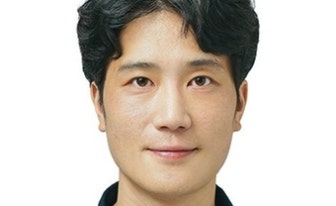
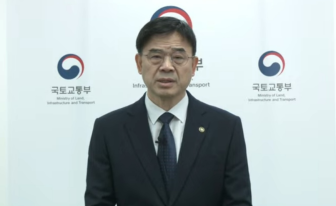
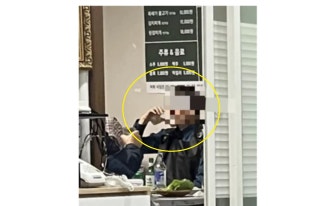

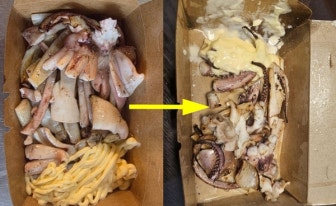


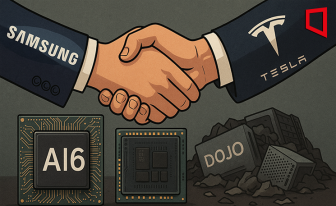
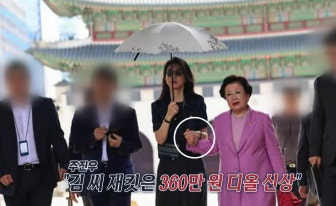



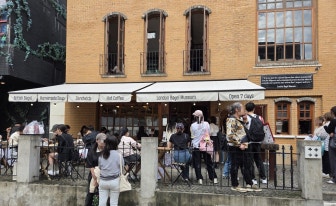

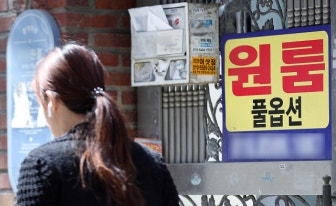



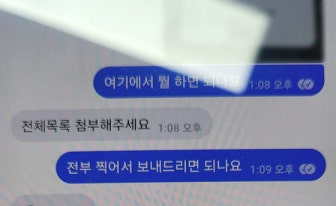
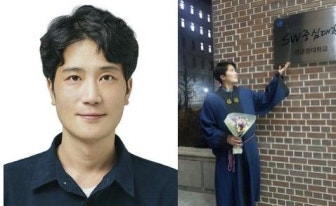





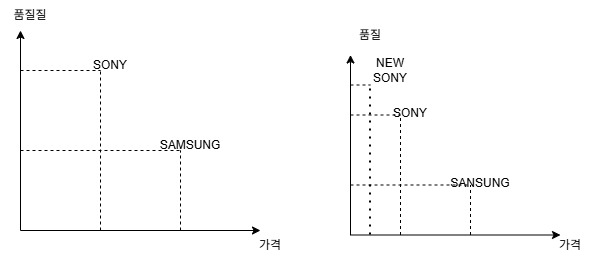.jpg?type=nf190_130)







